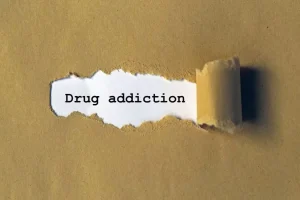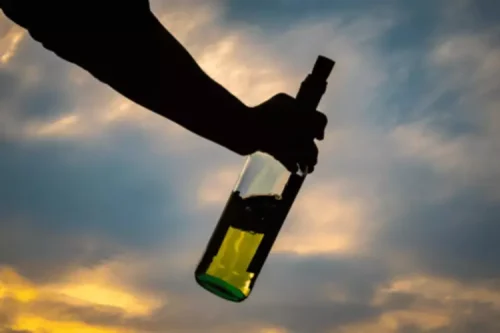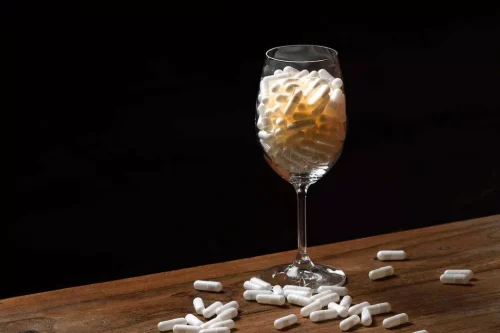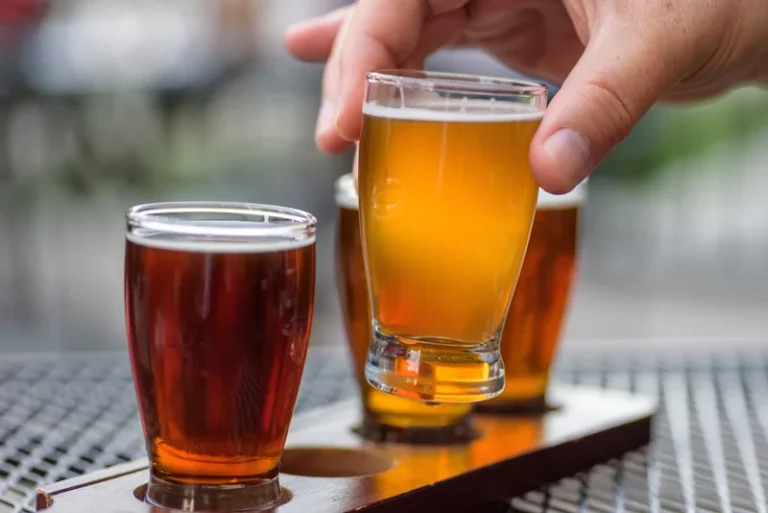What Causes A Hangover? Symptoms, Duration, Treatment, and More
20 de fevereiro de 2024
The severity of a hangover is closely linked to how much alcohol the person has consumed and how much sleep they have had. Hangover “patches” are basically vitamin-infused stickers that you apply to your skin before drinking. The idea is that you absorb the vitamins through your skin to counteract the negative effects of alcohol.
Chief Medical Editor, Harvard Health Publishing
- This article discusses the common symptoms of a hangover as well as the signs of more serious alcohol poisoning.
- According to one small study, people who took 1,200 milligrams of L-Cysteine experienced fewer headaches and less nausea than they typically did during a hangover.
- But there’s no easy way to know how much you can safely drink and still avoid a hangover.
But the only guaranteed way to prevent a hangover is to not drink alcohol. Congeners are more likely to produce a hangover or make a hangover worse. But drinking too much alcohol of any color can still make you feel bad the next morning.
How long will symptoms last?
Some people may only need one or two drinks to get drunk and feel hungover the next day. Others can drink far more and feel minimal symptoms afterwards. You may feel much less alert, less able to remember things, and less able to make logical decisions when you’re hungover. A 2017 study found that these aspects of cognitive function were all highly impacted during a period of hangover symptoms.

Do not sell my personal information Privacy Policy and Terms of Use
Drinking alcohol causes a hangover for a number of reasons, including dehydration, electrolyte imbalances, poor sleep, and inflammation. Some studies link coffee consumption to decreased inflammation, but the research is mixed. Therefore, drinking a cup of joe after a night of heavy drinking may or may not fight inflammation from a hangover (61, 62, 63). Despite its ability to increase the speed at which your body gets rid of alcohol, fructose did not appear to reduce the intensity of hangover symptoms in another study (45). Alcohol and caffeine are both diuretics (reduce fluid buildup in the body), which can cause you to urinate more frequently, leading to dehydration. Though having a cup of coffee to wake up after a night of drinking might seem like a good idea, the additional diuretic effects can leave you even more dehydrated.
How well do you score on brain health?

A single alcoholic drink is enough to trigger a hangover for some people, while others may drink heavily and not have a hangover. However unpleasant, most hangovers go away on their own, though they can last up to 24 hours. If you choose to drink alcohol, doing so responsibly can help you stay away from hangovers. Generally, the how long do hangovers last more alcohol you drink, the more likely you are to have a hangover the next day. But there’s no easy way to know how much you can safely drink and still avoid a hangover. Load factors, a measurement of capacity utilization, have likewise trended lower and also reflect the role of surplus capacity in depressing the market.

How are hangovers diagnosed?
A greasy meal or snack might sound good when you’re hungover, but it’s best to avoid these types of foods after drinking alcohol. Greasy foods are hard to digest and can cause stomach upset or heartburn, potentially making any nausea you’re experiencing from drinking even worse. In studies on mice, mango was found to reduce blood alcohol levels and increase alcohol metabolism.
- It’s a good idea to have someone on hand to let you know if you’re perhaps consuming too much.
- Though there is currently no research on the effect of asparagus on hangovers in humans, eating this vegetable may be worth a try.
- There is a wide variety of supposed hangover cures, but few have actually been scientifically tested or proven to work.
- There are slight differences in how quickly or slowly different people metabolize alcohol, but the physiology of a hangover is very similar between one person and another.
- Sports drinks also can help you hydrate quickly while simultaneously restoring nutrients and electrolytes.
- In one study, researchers found that about 75% of people who drank excessively the night before reported hangover symptoms.
Being (and staying) hydrated as you drink is your best bet to preventing dehydration. That may explain the dizziness and shaking some people get with a hangover. Have a couple of slices of wheat toast or a few whole-grain crackers to bring those blood sugar levels back up to normal. A different herb that goes by a similar name, Siberian ginseng extract, also improved hangover symptoms like headache, dizziness, and stomachache. But the Siberian type isn’t the ginseng used in Chinese medicine. Drinking water also slows the rate at which your body absorbs alcohol and keeps your overall blood alcohol level lower.

They found that participants tended to report feeling worse after drinking bourbon, which has a higher congener content. Congeners are chemical by-products of the fermentation process that gives alcoholic drinks their distinctive flavor. When you drink, your body adjusts to the alcohol in your system in order to maintain a normal 8(ish)-hour cycle of sleep. But your body generally eliminates all the alcohol from your system after five to six hours, yet still remains adjusted to the presence of alcohol. Alcohol can direct heavier blood flow to areas in your pancreas known as islets.
Sports drinks also can help you hydrate quickly while simultaneously restoring nutrients and electrolytes. Resolving a health issue begins with understanding the root cause of the problem. For hangovers, it’s all about your body’s response to alcohol, says Dr. Waters. Headaches, for example, are triggered by alcohol’s vascular changes in the brain and by dehydration. Dizziness is exacerbated by alcohol toxicity, as well as by dehydration. With alcohol ingestion, the effects on the liver are generally long term effects that are not noticeable until years of liver damage have caused liver failure.
When should I see a healthcare provider?
However, various steps may help a person to prevent or reduce the severity of a hangover. However, people can take steps to relieve many of the symptoms, such as drinking water, eating fruit, and resting. Getting food in your belly the morning after a night of imbibing can give blood sugar levels a needed boost, says Dr. Waters. But filling your already stressed stomach with greasy, heavy food isn’t the best option. The toxic effects of alcohol on your body never seem more apparent than in those hours after downing one too many adult beverages.